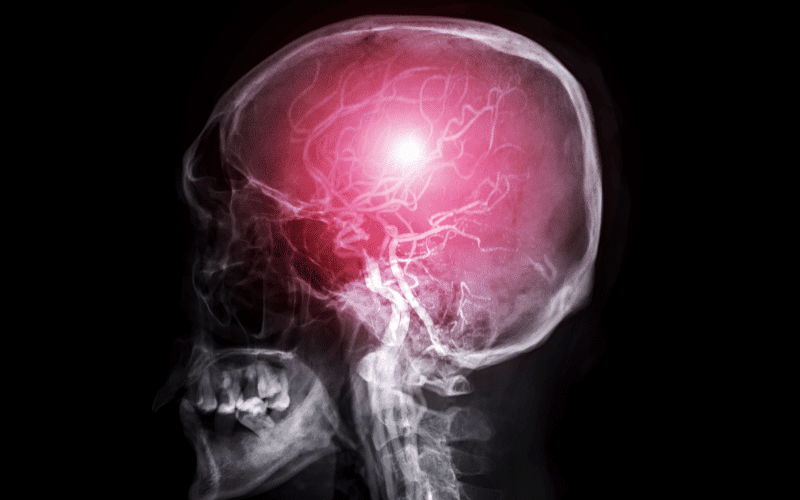Frequently Asked Questions About Cerebral Small Vessel Disease

1. What causes cerebral small vessel disease (CSVD)?
The exact cause of CSVD is still under research. However, several risk factors are associated with this condition, including aging, high blood pressure, diabetes, smoking, and a history of stroke or heart disease.
2. Can cerebral small vessel disease be cured?
While there’s no cure for CSVD as of now, the progression of the disease can often be managed effectively. Lifestyle changes, such as healthy eating, regular exercise, and quitting smoking, along with medication to manage blood pressure, cholesterol, and diabetes, can help slow the disease’s progression.
3. How is cerebral small vessel disease diagnosed?
Diagnosing CSVD involves a comprehensive neurological examination, along with imaging tests like MRI or CT scans to identify changes in the brain’s small vessels. Other tests may also be conducted to rule out other neurological conditions.
4. What are the long-term implications of cerebral small vessel disease?
If left untreated, CSVD can lead to serious complications including stroke, mood changes, balance problems, and cognitive decline. The disease can significantly impact quality of life, making early detection and management crucial.
5. Can cerebral small vessel disease cause dementia?
Yes, CSVD is a common cause of vascular dementia, which results from reduced blood flow to the brain. This condition can lead to memory loss, difficulty thinking, and problems with concentration, among other cognitive issues.
6. What’s the difference between cerebral small vessel disease and normal aging?
While aging can bring about changes in the brain’s small vessels, CSVD is a disease process that can cause significant symptoms and complications, including cognitive decline, balance issues, and even stroke. It goes beyond normal age-related changes and requires medical intervention.
Conclusion: Decoding the Implications of Cerebral Small Vessel Disease
CSVD, a disease affecting the brain’s small vessels, is a condition that demands attention and understanding. With symptoms varying from cognitive decline to difficulty swallowing, it can have a significant impact on the quality of life of those affected. Knowledge of these signs is crucial for early detection and intervention. The more alert we are to these indicators, the better equipped we are to seek timely medical attention and start appropriate management strategies.
However, CSVD is not a verdict, and life does not end with the diagnosis. With the right lifestyle modifications, including a balanced diet, regular exercise, and strict control of other underlying conditions, one can effectively slow down the progression of the disease. Medical advancements also continue to bring hope to the horizon. Armed with knowledge and proactive in our health choices, we can navigate the challenges of CSVD, ensuring that it’s a condition managed, not a life defined.